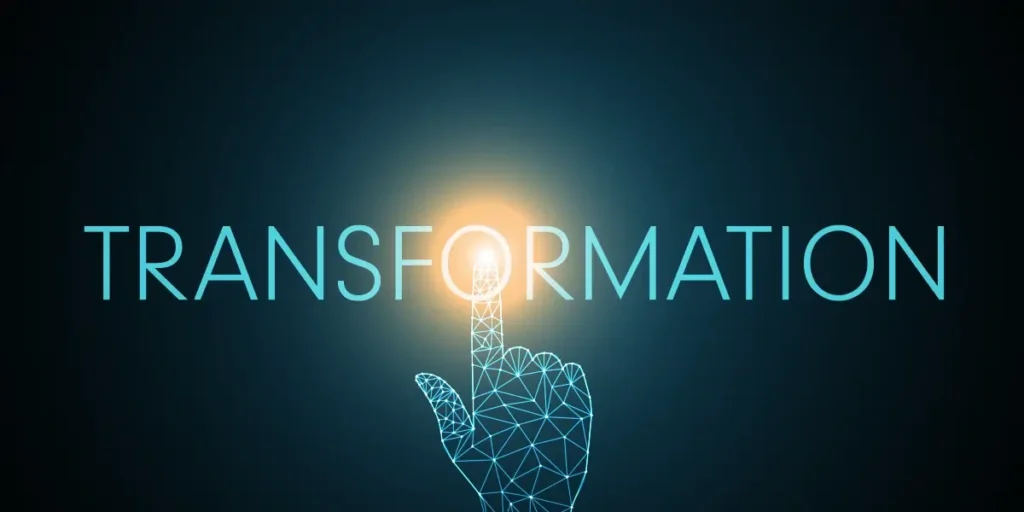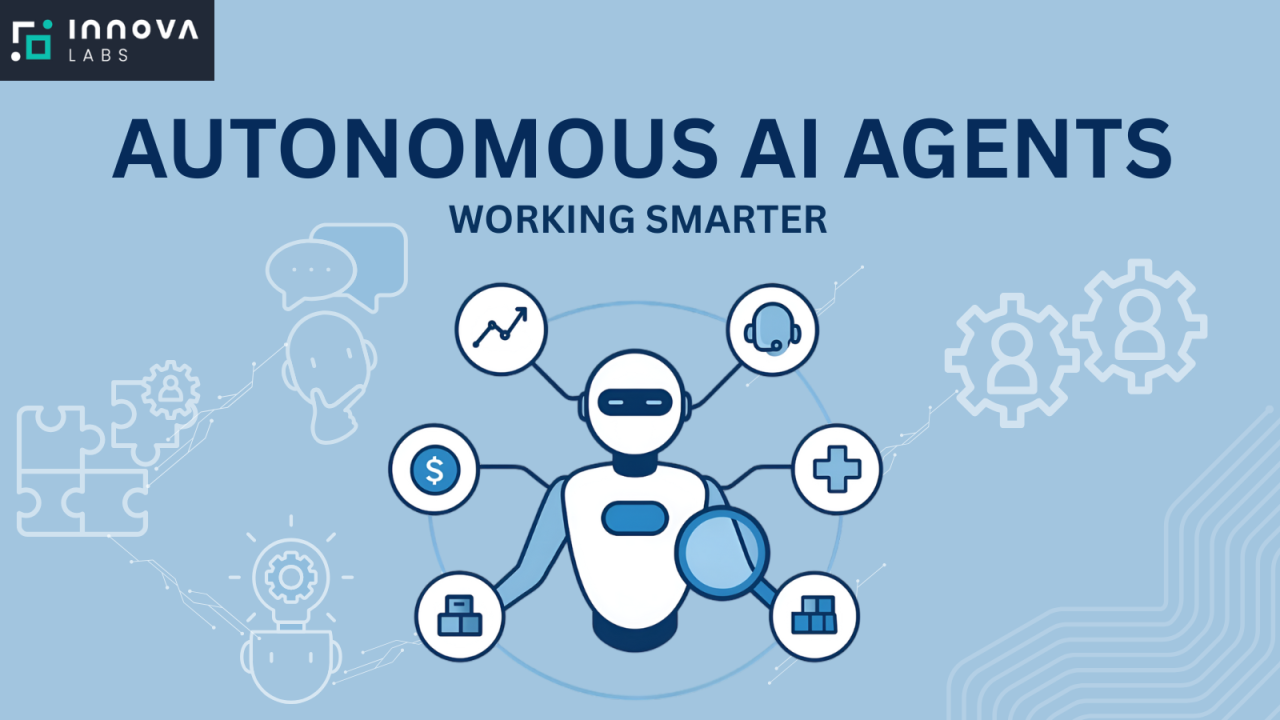How Google Revolutionized Machine Learning and Artificial Intelligence
Introduction: Google’s AI Legacy
When you think about the world’s leading AI pioneers, Google inevitably tops the list. Over the past two decades, Google has evolved from a search engine company into one of the most powerful AI-first organizations on the planet. Whether it’s through its Gemini models, Google Maps, Search algorithms, Waymo self-driving cars, or DeepMind breakthroughs, Google has consistently leveraged machine learning (ML) and artificial intelligence (AI) to build products that redefine human–technology interaction.
🔍 Google Search: The Original AI-Powered Product
Google Search is arguably the most influential product in digital history—and it’s driven by machine learning at its core. In 2025, Google’s AI Mode and Search Generative Experience (SGE) use advanced models like Gemini 2.5 Pro to offer users not just results, but conversational answers, contextual suggestions, and personalized insights.
Key Innovations:
-
RankBrain: Introduced in 2015, it was Google’s first deep learning model in search.
-
BERT and MUM: Helped the search engine understand language nuances and context.
-
AI Overviews (2025): Now answering complex multi-step queries conversationally, like “Plan a 3-day vegan-friendly trip in Delhi under ₹10,000.”
Machine learning helped Google go from matching keywords to understanding intent. Today, Google processes over 100,000 search queries per second, many enhanced by Gemini-powered reasoning.
🗺️ Google Maps: Reimagining Navigation with ML
Behind every reroute suggestion or estimated time of arrival is a powerful ML model. Google Maps uses real-time data from billions of devices, satellite imagery, and user behavior to:
-
Predict traffic patterns
-
Suggest faster routes
-
Identify road closures
-
Recommend businesses and landmarks based on preferences
In 2025, Google Maps integrates Gemini models for personalized recommendations and context-aware routing. For instance, it can now avoid roads with poor air quality or suggest scenic alternatives.
🚘 Waymo: Driving the Future with AI
Google’s Waymo is at the forefront of the self-driving revolution. Trained on petabytes of real-world driving data and simulations, its autonomous driving system combines:
-
Computer Vision
-
Sensor Fusion
-
Reinforcement Learning
-
Real-time Decision Making
In cities like Phoenix and San Francisco, Waymo’s self-driving taxis are already on the roads—navigating without human intervention. Google’s ML models handle:
-
Lane detection
-
Pedestrian behavior
-
Predictive accident prevention
By 2025, Waymo’s system has logged over 10 million autonomous miles, constantly improving through deep reinforcement learning models derived from DeepMind’s expertise.
🧠 DeepMind: Google’s AI Brain Trust
Acquired in 2014, DeepMind is Google’s powerhouse of cutting-edge AI research. It became famous for AlphaGo, which beat world champions at the ancient game of Go. But DeepMind’s influence extends far beyond games.
Key Contributions:
-
AlphaFold: Solved protein folding, a breakthrough for biotech and pharma.
-
AlphaEvolve (2025): An evolutionary AI that designs and optimizes algorithms autonomously.
-
World-Modeling Agents: Used in robotics and game AI, mimicking human decision-making.
In 2025, DeepMind also supports Gemini Robotics, powering intelligent physical agents that learn tasks through vision-language inputs.

📱 AI Everywhere: Gemini Models Across Google Products
Google launched Gemini 1 in late 2023, but by mid-2025, it has evolved into Gemini 2.5 Pro and Flash—the backbone of nearly all Google AI products. These models power:
| Product | Gemini Use |
|---|---|
| Gmail | Autocomplete, smart replies, summarization |
| Docs | Auto-writing, proofreading, summarizing |
| Android | On-device AI for voice, camera, and translations |
| Chrome (Project Mariner) | Autonomous web agents and autofill workflows |
| YouTube | Video summaries, recommendations, AI captions |
Google’s AI Studio and Vertex AI now allow developers to fine-tune and deploy Gemini models for enterprise-grade use cases, from banking bots to legal AI assistants.
🔧 Open Access to AI: Democratizing Tools
One of Google’s key strengths has been its commitment to open research and developer empowerment. Over the years, it has launched several essential ML/AI tools:
-
TensorFlow: The world’s most popular open-source ML framework.
-
TFLite: For deploying ML models on mobile and edge devices.
-
JAX: High-performance ML research and training tool.
-
Google Colab: Free cloud-based Jupyter notebook environment.
-
AI Studio (2025): A no-code/low-code IDE to prototype Gemini apps.
By sharing its research and tools, Google enables startups, students, and businesses to build their own AI solutions without needing deep technical backgrounds.
🧑🔬 Academic Impact: Sharing Knowledge Publicly
Google AI regularly publishes in top conferences like NeurIPS, ICLR, and CVPR. It makes many of its models and datasets open for academic and commercial use, including:
-
COCO and Open Images datasets
-
LaMDA, BERT, and T5 models
-
AlphaFold database (Protein structures)
-
Veo & Imagen: State-of-the-art text-to-video and image generation tools
These resources help fuel innovation worldwide, allowing researchers to solve real-world problems—be it in medicine, climate science, or education.
🌐 AI Ethics and Safety at Google
With great power comes great responsibility. Google has published its AI Principles, which guide its development process to ensure:
-
Fairness and bias mitigation
-
Safety and accountability
-
Data privacy
-
Avoidance of harmful or unethical applications
In 2025, Google also introduced AI Model Cards, which explain a model’s purpose, limitations, and training data to ensure transparency and trustworthiness.
🌏 Impact on the Global AI Ecosystem
Google’s AI research has ripple effects across the entire tech landscape:
-
Startups use Vertex AI to build AI apps without needing their own infrastructure.
-
Governments use Google AI for public health modeling, disaster response, and smart city planning.
-
Educational institutions use Gemini for personalized tutoring and content generation.
-
Developers in India, through Google’s AI First Accelerator, gain access to tools, mentorship, and TPU credits to build local solutions.
🔮 What’s Next for Google AI?
Here are some upcoming trends where Google is likely to lead:
-
Personal AI Agents: With Astra and Mariner, users will have intelligent agents that complete tasks across apps and devices.
-
Real-World Robotics: Gemini Robotics will help robots perform tasks in homes and industries using natural language.
-
Healthcare Breakthroughs: DeepMind’s AlphaFold 3 and medical AI models are poised to revolutionize diagnostics.
-
Sustainable AI: Google is working on green TPUs and energy-efficient data centers to minimize the carbon footprint of AI.
✅ Conclusion: Google’s AI Impact Is Just Getting Started
From transforming how we search and navigate to building the foundation of tomorrow’s intelligent systems, Google has revolutionized machine learning and AI. Its deep integration of ML across products, relentless pursuit of cutting-edge research, and commitment to accessibility ensure that Google will remain a central figure in the global AI landscape.
As we move into a future shaped by autonomous systems, conversational search, generative creativity, and ethical AI, Google’s leadership continues to influence how the world learns, builds, and innovates with artificial intelligence.
🙋 FAQs
Q1. What are the Gemini models by Google?
Gemini is Google DeepMind’s family of advanced multimodal AI models, with versions like Gemini 1.5 Pro and Gemini 2.5 Pro used in Search, Android, Workspace, and APIs.
Q2. What is the role of DeepMind in Google’s AI efforts?
DeepMind is Google’s research division focused on general AI. It has developed AlphaGo, AlphaFold, AlphaEvolve, and robotics intelligence for Gemini models.
Q3. Is Google Maps powered by AI?
Yes, Google Maps uses real-time data, ML algorithms, and neural networks to predict traffic, recommend routes, and personalize experiences.
Q4. Can developers use Google AI tools for free?
Yes, tools like TensorFlow, Google Colab, and AI Studio offer free access. Developers can also use paid services via Vertex AI for scalable solutions.
Q5. How is Google ensuring AI is used ethically?
Google adheres to AI Principles focused on fairness, safety, privacy, and transparency. It publishes research and includes model cards to explain each AI system’s design.
OpenAI vs Google vs Meta: Who’s Leading the AI Agent Race in 2025?
ChatGPT vs GitHub Copilot 2025: Which AI Coding Assistant Reigns Supreme?




